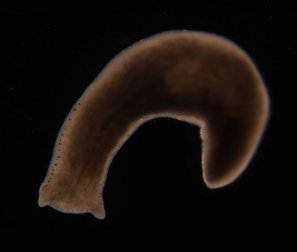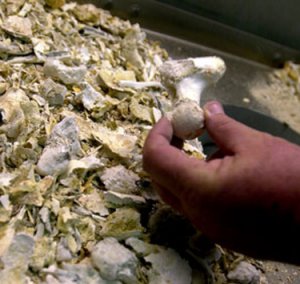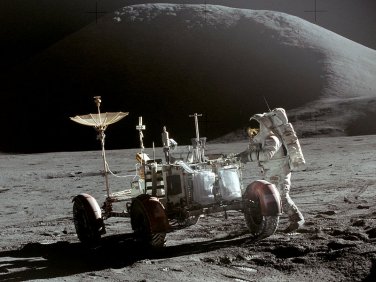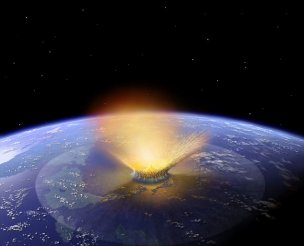Intermittent fasting is a key strategy for anti aging and longevity
Mood:
 bright
Topic: Health
bright
Topic: Health

Our ancient ancestors grew up in a world of stress and scarcity. Food was often not available and intermittent fasting was common. This form of life left a genetic blueprint with key information pertaining to our health and wellbeing. Intermittent fasting reduces oxidative stress, enhances cellular repair processes and appears to be a key strategy for anti-aging and longevity.
Thousands of years of food scarcity led our bodies to develop a protective mechanism to adapt to alternating phases of food abundance and scarcity. During times of food scarcity, our cell membranes become more sensitive to insulin. This is especially important when food is scarce because it ensures that every bit of food be efficiently used or stored.
During times of food abundance the body desensitizes the cells to insulin in an effort to avoid the stress of a heavy calorie intake. This results in elevated insulin levels, increased fat storage and increased oxidative stress and inflammatory conditions in the body. Insulin also enhances cellular division, which is a risk factor for cancer formation.
Today, we have a massive abundance of food sources. We can virtually eat anytime we would like. In fact, many health coaches recommend eating 5-6 small meals throughout the day. This process, however, sends the body the signal of surplus that inhibits key tissue repair hormones, which have powerful anti-aging effects.
Turning on Genetic Repair Mechanisms
Intermittent fasting acts to turn on certain genetic repair mechanisms that enhance cellular rejuvenation. This adaptation appears to allow certain cells to have a longer lifespan during times of famine. It is energetically less expensive to repair a cell than it is to divide and create new cells. This has a positive effect at shutting down cancer cell formation and proliferation.
These genetic repair mechanisms are turned on through the release of human growth hormone (HGH). HGH is known to create physiological changes in metabolism to favor fat burning and protein sparing. The proteins and amino acids are utilized to repair tissue collagen which improves the functionality and strength of muscles, tendons, ligaments, and bones. HGH also improves skin function, reduces wrinkles & heals cuts and burns faster.
HGH and insulin are opposites in function. HGH is focused on tissue repair, efficient fuel usage and anti-inflammatory immune activity. Insulin is designed for energy storage, cellular division and pro-inflammatory immune activity. Insulin is the dominant player in this game. When conditions demand an insulin release (carbohydrate intake), HGH is inhibited.
Fasting is a Powerful Healing Modality
Intermittent fasting is one of the most powerful modalities for reducing inflammation, boosting immunity and enhancing tissue healing. This is one of the reasons why many people feel nauseated when they have infections. This innate mechanism is the body's way of influencing us to fast so it can produce the right environment to boost natural immunity.
Researchers at the Intermountain Medical Center Heart Institute found that men, who had fasted for 24 hours, had a 2000% increase in circulating HGH. Women who were tested had a 1300% increase in HGH. The researchers found that the fasting individuals had significantly reduced their triglycerides, boosted their HDL cholesterol and stabilized their blood sugar.
The best way to begin fasting is by giving your body 12 hours between dinner and breakfast every single day. This allows 4 hours to complete digestion and 8 hours for the liver to complete its detoxification cycle. After this is a standard part of lifestyle, try taking one day a week and extending the fast to 16-18 hours. Eventually, you may choose to do a full 24 hour fast each week.
Sources for This Article Include
http://www.ajcn.org/content/86/1/7.full
http://www.eurekalert.org/pub_releases/2011-04/imc-sfr033111.php
http://www.naturalnews.com/029298_aging_industry.html
http://www.marksdailyapple.com/fasting/
About the author:
Dr. David Jockers owns and operates Exodus Health Center in Kennesaw, Ga. He is a Maximized Living doctor. His expertise is in weight loss, customized nutrition & exercise, & structural corrective chiropractic care. For more information go to www.exodushc.com To find a Maximized Living doctor near you go to www.maximizedliving.com Dr. Jockers is also available for long distance phone consultations to help you beat disease and reach your health goals
Posted by Neil Bartlett DHyp M.A.E.P.H
at 01:01 CET
Updated: Saturday, 3 March 2012 01:54 CET









